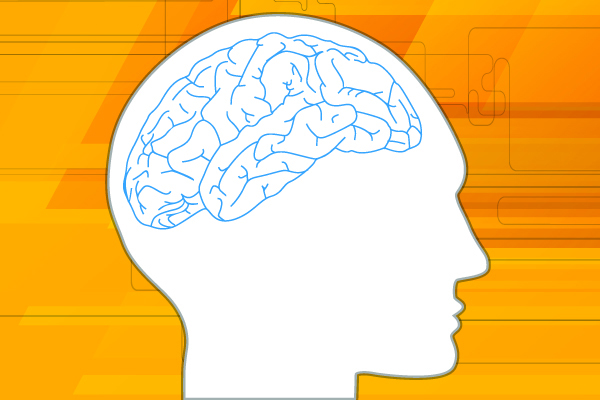Remembering Gene Wilder

By Troy Andersen, PhD, LCSW, Director of the W.D. Goodwill Initiatives on Aging, University of Utah College of Social Work
One of the most memorable scenes from the 1974 classic “Young Frankenstein” was when Dr. Frankenstein (Gene Wilder) sent Igor (Marty Feldman) in search of a brain for his greatest scientific experiment: creating life. Igor, unfortunately, retrieved the brain he later identified as belonging to Abby Normal. This unfortunate misstep leads to Dr. Frankenstein’s life work taking funny and tragic turns throughout the movie. Fast forward several decades and, sadly, there were steady abnormal shifts in Gene Wilder’s own brain, caused by Alzheimer’s disease that led to his progressive decline and subsequent death.
Alzheimer’s disease is no respecter of status, wealth, or accomplishment. Just two years ago, Robin Williams – another comedic legend – ended his life due to the subtle symptomatic changes associated with Lewy body dementia (a related dementia of the more widely-known Alzheimer’s disease). Glen Campbell, another national icon, is in the final stages of Alzheimer’s disease and is no longer able to communicate with his loved ones. These national celebrities shine the spotlight on the neurologic conditions that have robbed them of the gifts they utilized to perfect their craft and enhance our lives. Alzheimer’s disease is notorious for robbing individuals of their ability to entertain, problem solve, remember, relate, communicate, and participate in life’s most meaningful experiences.
What we don’t get to see is the quiet, private, and painful struggles of their love ones as they’ve watched wit and laughter and music and light gradually slip away. This is the same tragic process that’s witnessed by millions of caregivers in our country as the numbers of individuals struggling with Alzheimer’s disease continues to increase. Family members know all too well of the global and catastrophic damage that occurs in the brain, impairing function and personality, as someone progresses through the stages of Alzheimer’s disease and related dementias.
As we re-watch our favorite movies of our favorite comedians and musicians, as we recollect how they have altered our lives in profound ways, might we also reflect on the millions of less well-known individuals who’ve lived quieter lives who are walking through the silencing journey in their longest goodbye.
